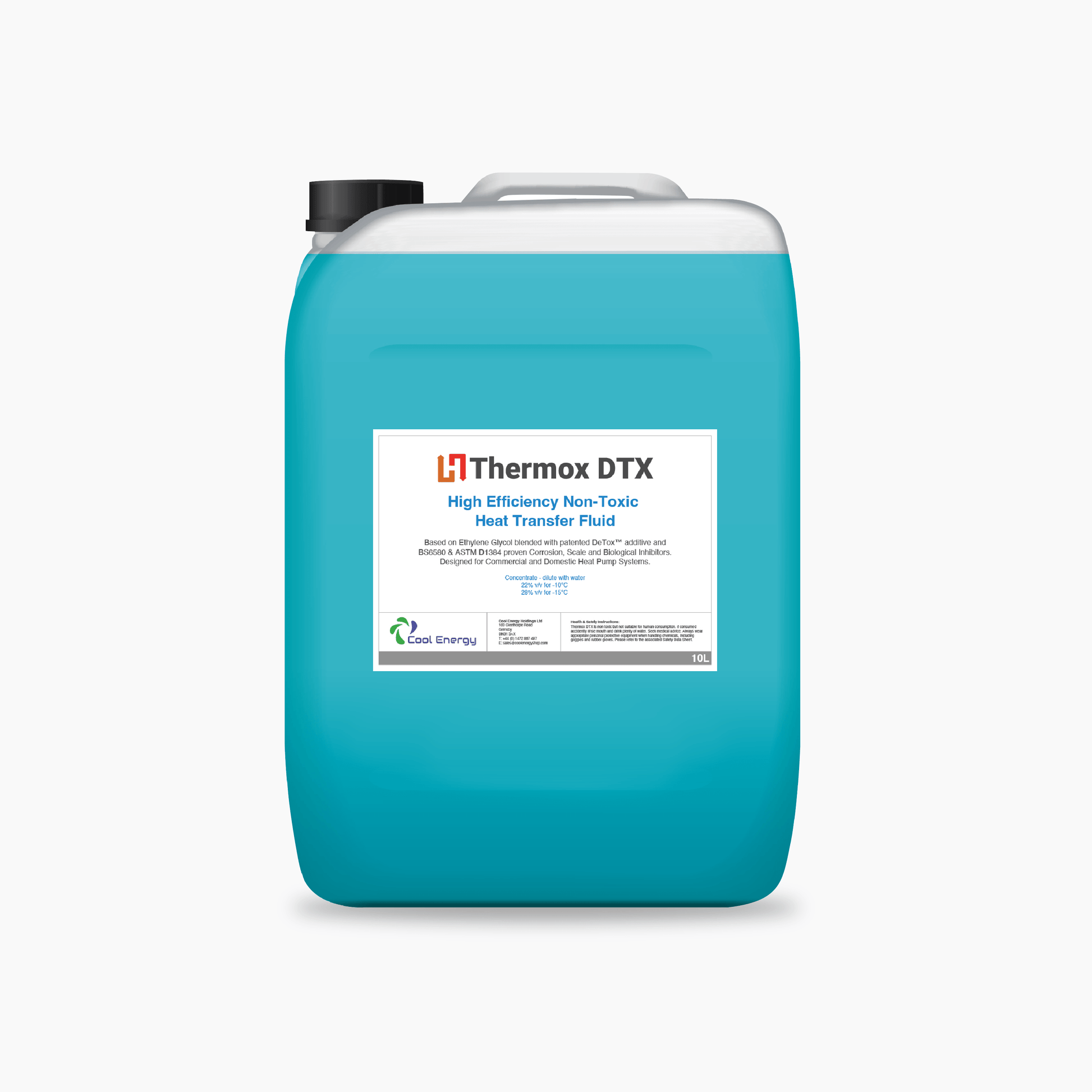Exactly How Heat Transfer Fluid Effects the Effectiveness of A/c Solutions
Exactly How Heat Transfer Fluid Effects the Effectiveness of A/c Solutions
Blog Article
Why Heat Transfer Liquid Is Very Important for Optimizing Power Transfer in Solution
The function of heat transfer fluids in maximizing energy transfer is pivotal for attaining effective thermal monitoring throughout various industrial industries. These fluids promote smooth warmth exchange, ensuring processes operate within ideal temperature level arrays and reducing the danger of getting too hot. Their choice, based on aspects like thickness and thermal security, straight affects the efficiency and sustainability of a system. The intricacies of choosing the right fluid are frequently ignored. What are the important factors to consider for this option, and exactly how do they affect both economic performance and environmental obligation in commercial applications?

Role in Thermal Management
Warm transfer fluids play an important function in thermal administration by successfully managing temperatures in different industrial processes and systems. These specialized liquids promote the transfer of warmth in between different components, guaranteeing optimum operating conditions and avoiding overheating. By keeping exact temperature control, heat transfer liquids allow sectors such as chemical manufacturing, oil and gas, and power generation to run securely and successfully.
The choice of a suitable warmth transfer fluid depends upon numerous aspects, including thermal stability, warmth capability, and thickness. High thermal stability ensures that the liquid can endure severe temperatures without breaking down, while a high heat ability allows it to absorb and launch substantial quantities of warm - heat transfer fluid. Reduced viscosity reduces the power required for pumping, adding to total system effectiveness
Furthermore, warm transfer liquids are indispensable in applications like refrigeration, where they assist soak up and dissipate warm throughout the cooling cycle. In solar thermal energy systems, these liquids capture and transport solar warmth to generate electricity or supply hot water. Their flexibility to diverse operating problems and ability to preserve consistent thermal performance emphasize their significance in commercial thermal administration, facilitating functional connection and enhancing precaution.

Enhancing System Effectiveness
To make best use of the benefits of thermal management, enhancing system effectiveness with the critical use of warmth transfer liquids is paramount. By maintaining ideal temperature levels, heat transfer liquids assist make certain that systems run within their made parameters, thereby avoiding overheating and decreasing the danger of component failing.

Types of Heat Transfer Fluids
The diversity of heat transfer liquids emphasizes their essential duty in a variety of commercial applications, each customized to meet specific thermal management needs. These liquids promote reliable power transfer and are chosen based on key homes such as thermal security, viscosity, and warm ability. The main kinds include water, glycol remedies, oils, and synthetics, each offering distinctive benefits.
Water is the most usual warm transfer medium due to its high certain warm ability and low expense. Mineral oils are favored for their thermal security and non-corrosive nature, making them suitable for high-temperature applications.

These liquids ensure remarkable efficiency in systems where standard liquids may stop working. The choice of a warm transfer liquid is important, as it affects system effectiveness, security, and durability.
Environmental and Economic Advantages
Utilizing the right warmth transfer fluids offers significant environmental and financial advantages for industrial procedures. Ecologically friendly warm transfer fluids, usually eco-friendly and non-toxic, decrease the risk of dirt and water contamination in the event of leakages or spills, thereby securing communities and abiding with strict ecological policies.
Economically, the right heat transfer fluid can substantially minimize operational costs. Fluids with extended lifecycle efficiency lower the regularity of replacements and maintenance, reducing downtime and linked prices. On the whole, the strategic usage of optimum warmth transfer liquids supports lasting economic development and ecological stewardship.
Picking the Right Liquid
Exactly how does one browse the complex process of selecting the right warmth transfer liquid for industrial applications? Thermal stability makes certain the fluid can endure high temperature levels without weakening, while compatibility avoids corrosion or other damaging responses with system parts.
Furthermore, the liquid's heat capability and viscosity are critical. A high warmth ability enables the fluid to soak up and transfer more energy, boosting performance.
Verdict
The critical choice and application of heat transfer fluids are basic to enhancing energy transfer throughout numerous systems. By making sure high thermal stability about his and capacity, these liquids supply precise temperature level control and improve overall system performance. This optimization adds to decreased functional expenses and lower greenhouse gas exhausts, therefore promoting sustainability. The choice of liquid, tailored to details viscosity and operational needs, is vital for taking full advantage of performance and attaining economic and ecological benefits in commercial processes.
Report this page